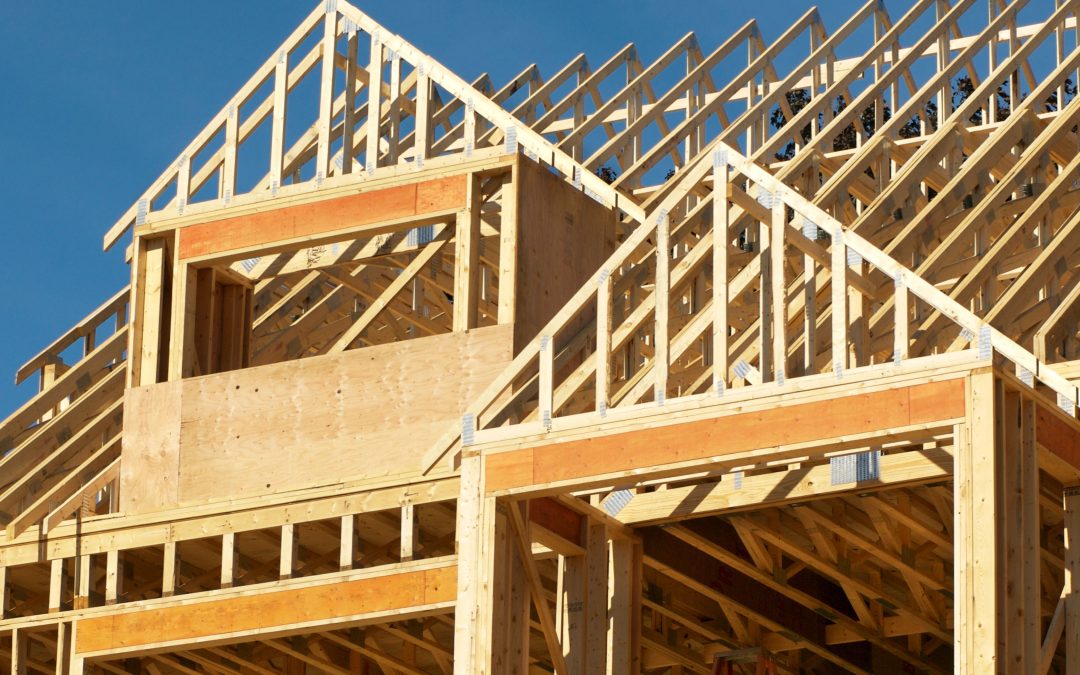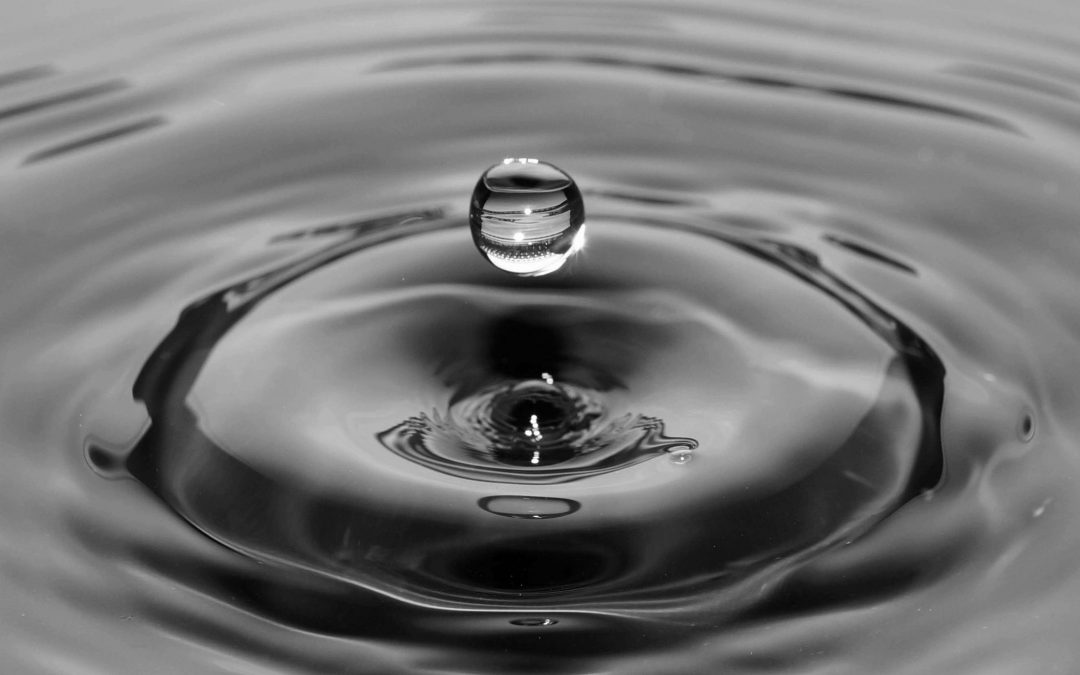
by Toni Schindler | March 11, 2022 | Blog, Buying or Building a New Home
Water Treatment Tips, Tricks and Suggestions to Consider When Building a New House One thing is certain, when building a new home you will need to have a solid water source. Knowing the water situation on the front end will help you budget appropriately for water...

by Toni Schindler | December 1, 2021 | Blog, Buying or Building a New Home, Carbon Filter, Water Softener, Water Treatment Systems
When you think of having to deal with a sales person, do you dread it? Do you want to avoid it at all costs? Wouldn’t it be easier if you could just get a quote for water treatment equipment right over the phone? We’ve all had an experience with a salesperson that...

by Toni Schindler | July 17, 2020 | Blog
While we all would love to find nuggets of gold falling into our glass when turning on the kitchen faucet each morning, unfortunately, that isn’t a reality. Learn what can really be in our water! Here in Northwest Ohio and Southeastern Michigan, water quality...





Recent Comments